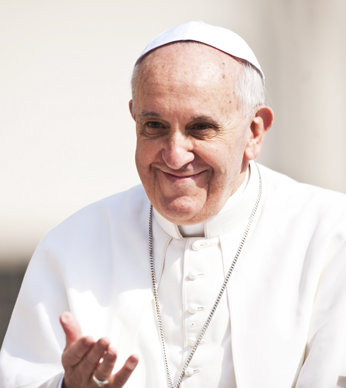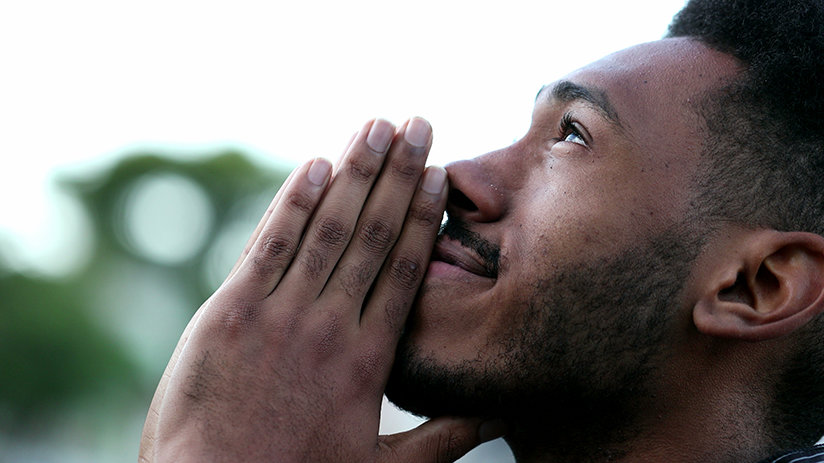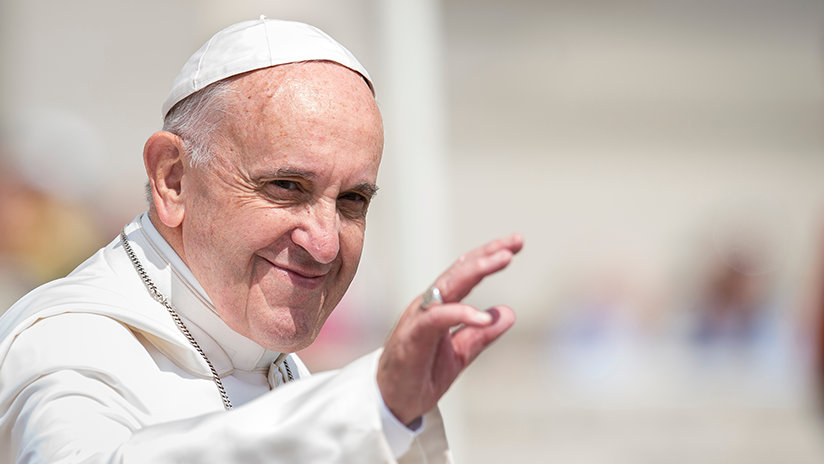
-
HOME
-
WHAT IS STANDOur Mission Our Values Our Help Contact
-
WHAT WE FIGHT FORReligious Freedom Religious Literacy Equality & Human Rights Inclusion & Respect Free Speech Responsible Journalism Corporate Accountability
-
RESOURCESExpert Studies Landmark Decisions White Papers FAQs David Miscavige Religious Freedom Resource Center Freedom of Religion & Human Rights Topic Index Priest-Penitent Privilege Islamophobia
-
HATE MONITORBiased Media Propagandists Hatemongers False Experts Hate Monitor Blog
-
NEWSROOMNews Media Watch Videos Blog
-
TAKE ACTIONCombat Hate & Discrimination Champion Freedom of Religion Demand Accountability
God Has a Name and It Is “Peace”
I was intrigued by an article regarding the pope’s recent comments about violence against Christians in the Middle East.
In particular, I was intrigued by this quote: “So many conflicts have been stoked… by forms of fundamentalism and fanaticism that, under the guise of religion, have profaned God’s name—which is peace—and persecuted age-old neighbors.”

It’s my personal view—based on traveling the world and seeing firsthand devout individuals and congregations of Christians, Jews, Muslims, Buddhists and other faith groups—that the most striking thing about most people of faith is the beliefs and viewpoints they have in common rather than the beliefs or practices that set them apart.
Most people of faith agree that we are not merely physical bodies but spiritual beings whose awareness and experience outlasts our current physical form. Most agree that there is a divine aspect to existence, a spiritual energy that enlivens and animates and permeates life and gives it meaning—separate from and superior to biology or physics, time or space. Most agree that the greatest human abilities are to love and understand, to give help and respect and show kindness to others. Most agree that while we have qualities in common with other living things, we are, in some fundamental way, closer to the divine source of life and therefore bear a special responsibility for all life and the world around us.
I hope that the pope’s message of “religion as peace” ripples out into the culture like a calming wave.
And so it’s my belief that anyone who would persecute, denigrate or in any way harm or make less of another person for their beliefs—especially in the name of another system of belief—is simply using that belief system as an excuse to give into baser instincts and impulses that are not only not in any way religious, but in fact directly contradict the beliefs and practices of all the world’s major religions at the most fundamental level. One cannot, in fact, be a devout Christian, Muslim, Jew, Hindu or Buddhist and still wish to do harm to those who believe differently (or choose not to believe at all).
One of the fundamental maxims of Scientology is that something is only true if it’s true for you, meaning no one else can force you to believe something that does not resonate for you personally as the intrinsic truth. Inherent in that maxim is the idea that if people are given information and granted the respect and space to make worthwhile decisions, they will more often than not come to a conclusion that benefits the most people—a “greatest good” outcome. I hope that the pope’s message of “religion as peace” ripples out into the culture like a calming wave and that, as more people are given the chance to make up their own minds and live as they choose, they will in turn allow others to do the same.









